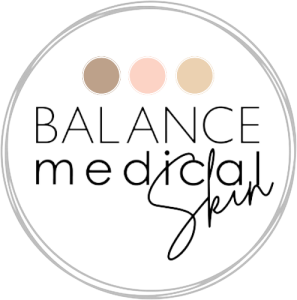Breast Health
How often should I have a breast exam?
Breast health starts with BREAST AWARENESS! Look for any changes in your breasts including:
-
lumps
-
dimpling skin
-
color changes
-
inversion of nipples
Self breast awareness should be performed throughout the month and repeated regularly.
Breast exams by your doctor should be performed annually, most likely during your annual wellness exam. High risk women may have two clinical breast exams yearly.
To learn how to properly perform a self breast exam click here.
Bone Health
In normal women, the annual rate of bone mineral density loss appears to be greatest at or around menopause. Diet and exercise are particularly important in prevention of osteoporosis and to maintain proper bone formation and density.
-
Calcium
-
Vitamin D
-
Exercise
Weight training is also good for your bones. Of the 10 million people in the United States diagnosed with osteoporosis, 8 million are women*. Women are at greater risk of developing osteoporosis because their bones are smaller, thinner, and less dense. Osteoporosis is a chronic bone disease that makes you more susceptible to fractures.
Bone loss can also increase after menopause due to declining estrogen levels. Further, risk of osteoporosis increases with age, and women tend to live longer than men.
Strength training and bone heath
Your muscles and bones are strongly interconnected anatomically, physiologically, and chemically. The force placed on your muscles when you strength-train activates bone cell production to improve bone density, health and strength. When it comes to the best exercises for muscle strength and bone health, weight training is the most beneficial*. Though you should always consult with your primary care provider first, the Mayo Clinic reports that your strength-training workout may also help you manage your chronic health issues, such as your arthritis, back pain, diabetes or depression.
*Resources:
Weight Training
Weight training
Most women exercise to lose weight and tone up, according to a September 2016 study published in the International Journal of Liberal Arts and Social Science, and most often opt for aerobic activity. Though your morning run burns calories and improves heart health, regular strength-training may be more effective at helping you lose weight and tone your muscles.
You may be resistant to adding regular weight training to your exercise routine because you don't want to get too "bulky." Physiologically that's not possible, unless you're spending hours in the weight room most days of the week and eating massive amounts of food. Because women produce less testosterone than men, adding two days of strength training a week to your usual workout routine improves your lean muscle mass, but doesn't add bulk*.
In addition to not turning you into a she-hulk, regular strength training increases production of somatotropin, also known as human growth hormone, which improves your body's metabolism of fats. Upping production of this hormone may also slow down the biological aging process.
Read more: Toning Diet for Women
Weight-Training Benefits for Women
As if turning you into a strong, toned, fat-burning machine wasn't convincing enough, combining a healthy weight-lifting meal plan with a regular strength-training routine offers many health benefits.
Your body naturally loses muscle mass as you get older, resulting in a higher percentage of body fat and a decrease in your metabolism. However, you don't have to let the aging process dictate your physique. Regular weight training, along with a balanced diet will help you retain your lean muscle mass and may keep your metabolism burning at maximum capacity, making it easier for you to lose weight and keep it off.
*Resources:
Exercise



